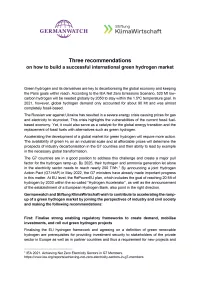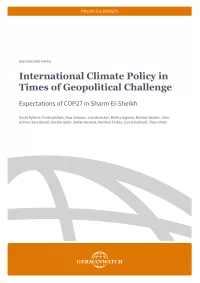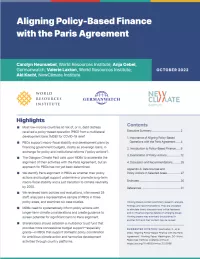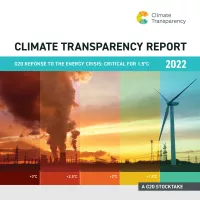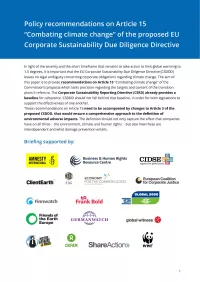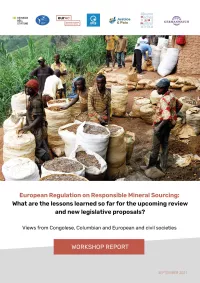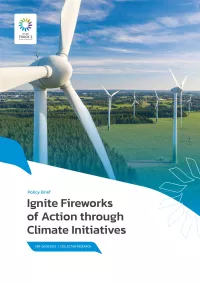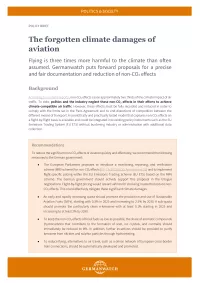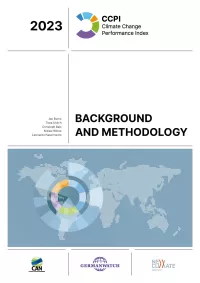
The Climate Change Performance Index (CCPI) compares 59 countries and the EU in the areas of Greenhouse Gas Emissions, Renewable Energies, Energy Use and Climate Policy, thus providing a comprehensive overview of the current efforts and progress of the countries analysed. This brochure explains the background and methodology of the CCPI.

